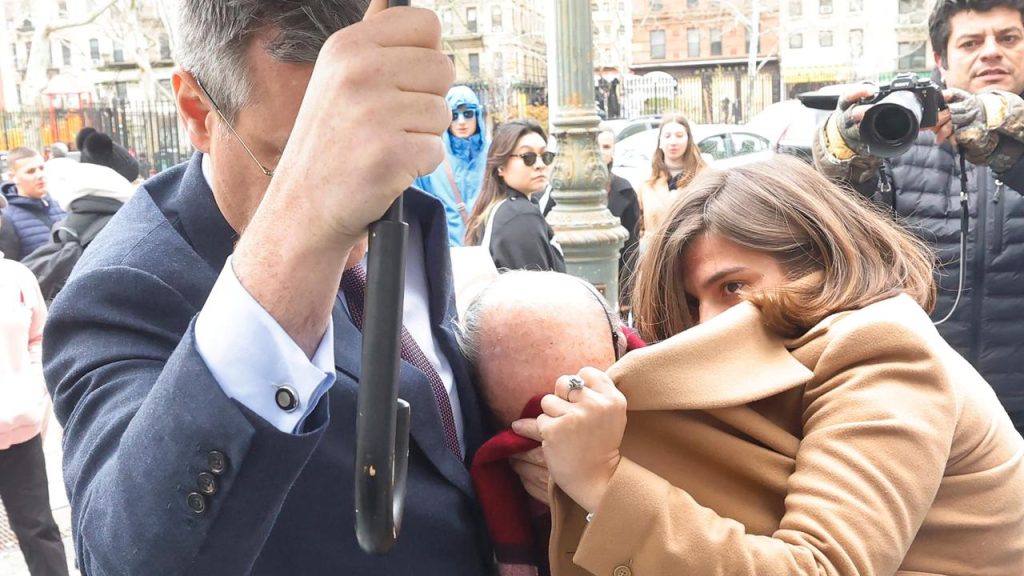The recent sentencing decision in the insider-trading case involving British billionaire Joe Lewis has sparked significant debate and scrutiny. Lewis, 87 years old and worth an estimated $6.2 billion, pleaded guilty to securities-fraud charges for tipping off associates about confidential information regarding companies he was invested in. Despite his guilty plea, Lewis will not serve prison time, with the judge citing his advanced age and poor health as mitigating factors.
The case against Lewis centers on allegations that he provided insider information to a romantic partner, a poker buddy, and the pilots of his private jet, allowing them to profit from trading on the information. While Lewis himself did not directly profit from the scheme, his associates collectively made millions of dollars, raising questions about his culpability and the broader implications of white-collar crime in the financial world.
At his sentencing hearing, U.S. District Judge Jessica Clarke imposed a sentence of three years probation and a $5 million fine, deviating from federal sentencing guidelines that recommended a prison term of 18 months to two years. Clarke justified her decision by citing Lewis’s medical needs and advanced age, expressing concern for his well-being if incarcerated. This lenient sentencing approach has sparked criticism from some quarters, with detractors arguing that it sends the wrong message about accountability and the consequences of financial misconduct.
Lewis’s case raises broader questions about the intersection of wealth, privilege, and justice within the legal system. As a billionaire with extensive resources at his disposal, Lewis has faced a different set of circumstances compared to defendants without his financial means. The use of a $300 million bond, secured by his yacht and private plane, highlights the stark contrast between the treatment of wealthy individuals and those from less affluent backgrounds.
Furthermore, Lewis’s philanthropic endeavors and business acumen have been cited by his legal team as mitigating factors in his defense. His lawyers emphasized his contributions to society and portrayed the insider-trading scheme as an aberration in an otherwise exemplary life. However, critics argue that such arguments should not overshadow the seriousness of the crimes committed and the need for accountability, regardless of one’s social status or philanthropic activities.
The case also sheds light on the broader issue of insider trading and the challenges of enforcement within financial markets. Despite efforts to combat illegal trading practices, cases like Lewis’s highlight the persistence of unethical behavior and the difficulties of prosecuting individuals with significant resources and influence. Moreover, the lenient sentencing in this case raises questions about deterrence and the effectiveness of penalties in deterring future misconduct.
The sentencing decision in the Joe Lewis insider-trading case underscores the complexities and controversies surrounding white-collar crime and the criminal justice system. While Lewis will avoid prison time due to his age and health concerns, the case raises broader questions about accountability, privilege, and the treatment of financial crimes. As debates continue over the appropriate response to financial misconduct, Lewis’s case serves as a cautionary tale about the challenges of enforcing accountability in the upper echelons of society.
